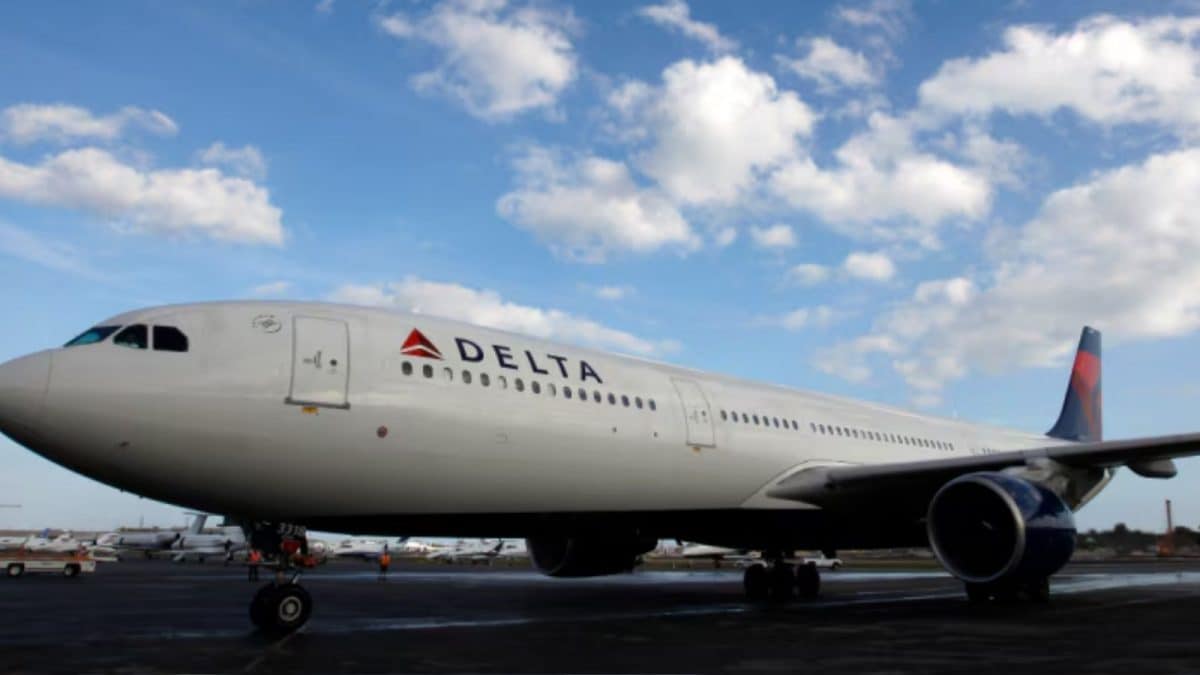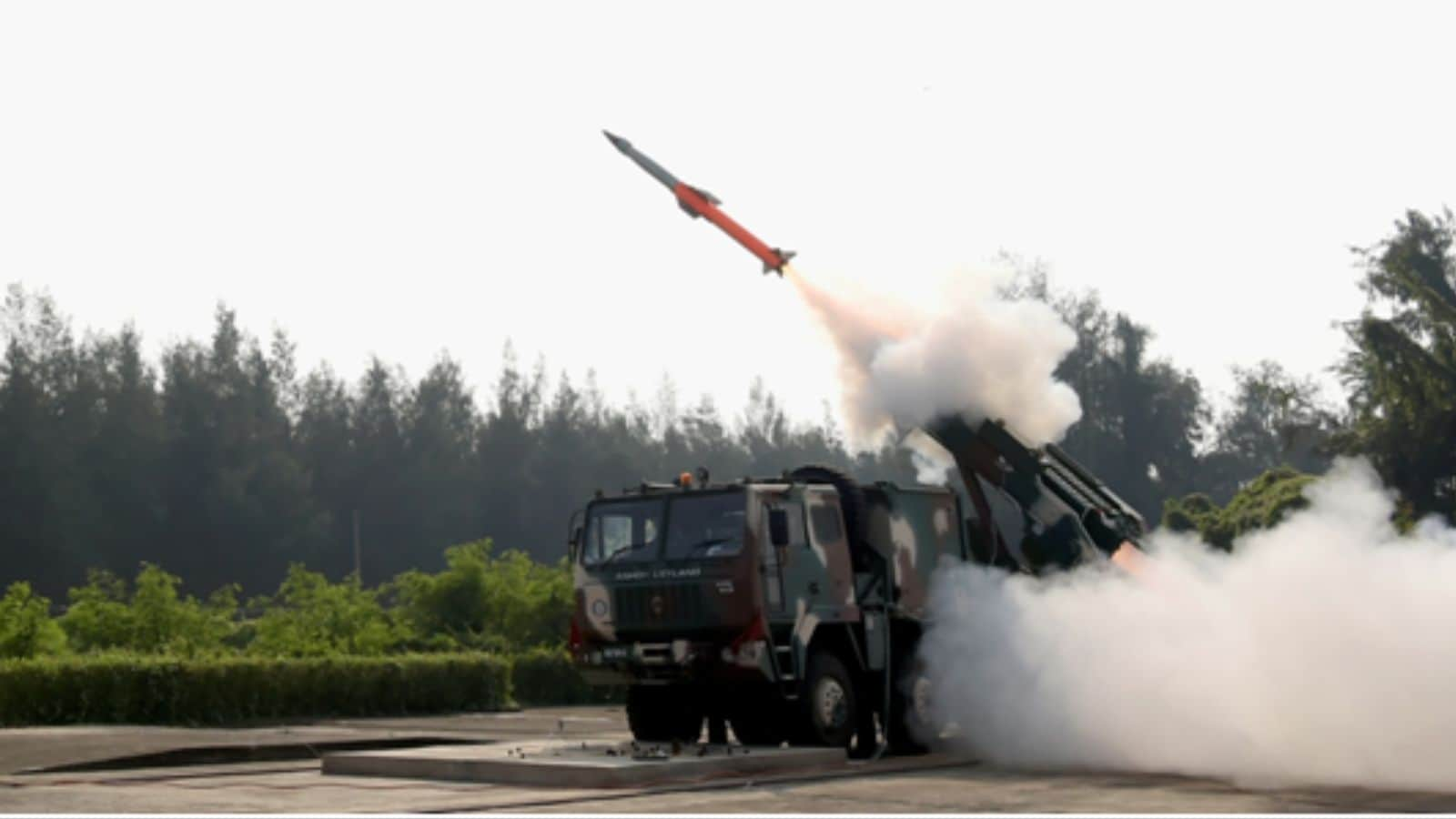ARTICLE AD BOX

Microsoft reveals which jobs are most at risk from AI, and which are safe
A new study from
Microsoft Research
has mapped the growing landscape of the job market in the ear of artificial intelligence. The study has listed 40 jobs that are most likely to be impacted by AI tools. Along with this, the study has also revealed the list of occupations which will remain resilient. Microsoft Research analysed more than 2,00,000 interactions with Microsoft Bing Copilot. The study offer a perspective as to ho generative AI will reshape the workplace dynamics. The study, titled "Working with AI: Measuring the Occupational Implications of Generative AI," found out that jobs heavily focused on language, content creation, and repetitive communication tasks exhibit the highest "AI applicability scores." These roles include activities like offering information, writing, advising, teaching. AI chatbots are capable of performing all these tasks with ease.
Microsoft Research: Lists 40 jobs that AI may replace
The roles with the highest AI applicability scores—meaning AI can perform or assist with a large portion of their tasks—include:
- Interpreters and Translators
- Historians
- Writers and Authors
- Customer Service Representatives
- CNC Tool Programmers
- Telephone Operators
- Ticket Agents and Travel Clerks
- News Analysts and Journalists
- Editors and Proofreaders
- Public Relations Specialists
- Data Scientists
- Technical Writers
- Sales Representatives
- Mathematicians
- Political Scientists
All these jobs include writing, editing, information gathering and communication.
Microsoft Research: Lists 40 jobs that AI may not replace
On the other end of the spectrum, the study found that hands-on, physical roles are least impacted by AI:
- Phlebotomists
- Nursing Assistants
- Roofers
- Dishwashers
- Massage Therapists
- Truck and Tractor Operators
- Water Treatment Plant Operators
- Logging Equipment Operators
- Maids and Housekeeping Cleaners
- Construction Workers
These occupations require manual labor, real-time decision-making, or physical presence, which current AI systems cannot replicate.Microsoft Research is not predicting widespread job losses. Instead, the study suggests that AI tools are mainly augmenting productivity and freeing workers to handle more complex and creative tasks. It is also important to note that Microsoft stresses on the fact that no profession is completely preformed by AI in the present situation. Even in high-impact sectors, human judgment, creativity, and ethical oversight remain critical.



.png)
.png)
.png)
















 20 hours ago
5
20 hours ago
5









 English (US) ·
English (US) ·